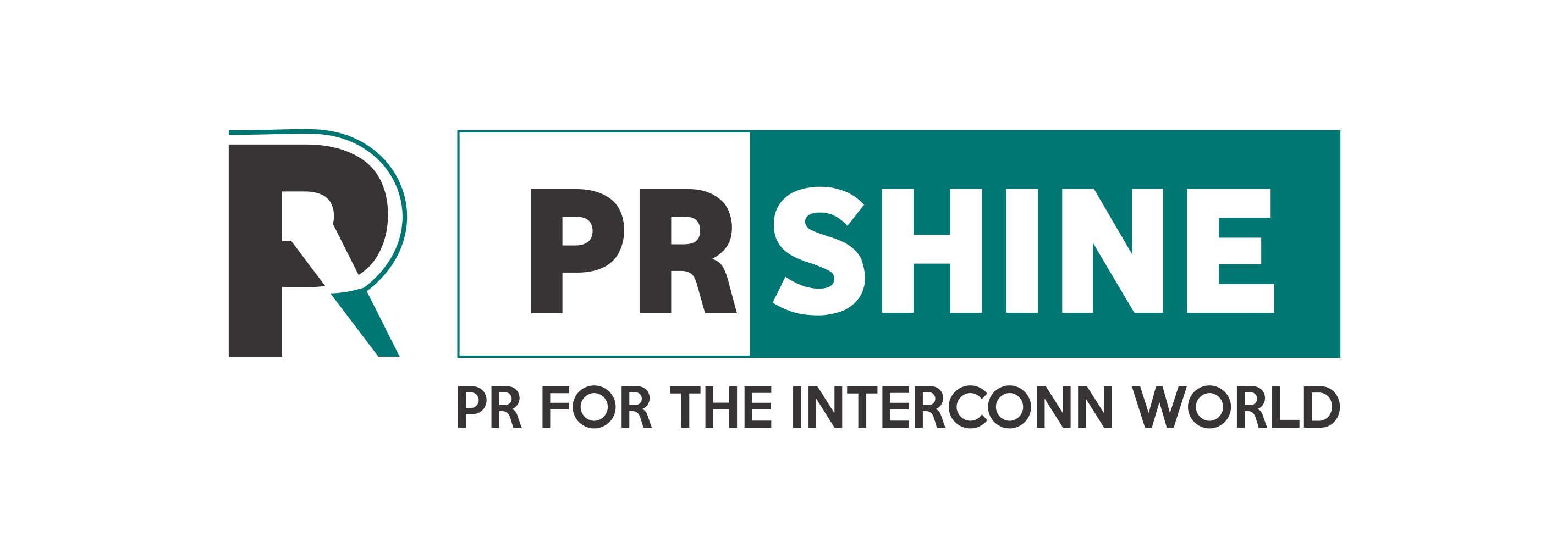Tips for successful project management
As a project manager, your responsibility is to ensure that the project progress aligns with the vision. We have shared Tips for Successful Project Management

Tips for Successful Project Management in Clinical Research
In the clinical research industry, project management is the backbone of every successful business. Multi-layered projects, as well as system implementations and integrations, are encountered on a regular basis by research organizations.
Project management is the application of processes, skills, methods, knowledge, and experience to achieve specific project objectives within agreed-upon parameters according to the project acceptance benchmark. Project management has ultimate deliverables that are limited in time and budget.
What is Project Management in Clinical Research?
Basically, every clinical research is a complex project that needs requisite planning and appropriate leadership to be successful.
Though these projects are an important part of the research industry, numerous organizations have incapable or non-existent project management procedures. These inefficiencies can cause extended schedules and wasted effort. Nevertheless, such disastrous outcomes can be avoided if organizations make use of appropriate project management processes throughout each project.
Why Project Management is important?
While addressing the importance of project management in organizations, can’t be overstated. When the project management is done right, it helps every part of the business run more trouble-free. It allows your project team to focus on the work that is free from the distractions caused by tasks going off track or budgets exceeding its limit.
The Clinical Research team needs to take approvals from the health ministry or other government bodies. And this is a monotonous task. They also need to take approvals from different committees in hospitals and also from different health authorities. The selection of investigators, contract process, negotiation task, and need to do everything to run clinical research services smoothly. Clinical Research Team follows these entire tasks for a successful project. Hence project management is important.
Tips for Improving Your Project Management Practices
1. Designate an experienced project manager
A project manager is a binding agent that holds your project together. This person serves as a liaison between all project teams and stakeholders, as well as the point person for all related tasks and materials.
Experience and training help to hone project management skills. Choose a project manager who has experience leading successful projects and understands the steps required to complete complex assignments.
2.Communicate effectively with all project staff
Communication is critical to the success of any research project at your organisation. Outline clear communication guidelines at the start of each project and ensure that every team member fully understands what they need to do to ensure the project’s success.
3.be willing to prioritize and negotiate project elements
Navigating the constraints of complex projects, such as clinical trials, necessitates the ability to bargain for project priorities. Time, cost, and quality are frequently competing elements of a project, and each must be prioritised ahead of time to determine what makes the project successful.
4.Analyze progress and adjust project strategy
Analyze progress data throughout a project to ensure that your processes are effective and that deadlines are met. This continuous evaluation of project performance will necessitate your team remaining adaptable and adjusting methods based on findings.
4.Collect all project information in one location
Keeping all necessary information in one place will allow for better project analysis and a faster response rate when changes are required.
Clinical Research Project Manager’s Responsibility
1.Clinical trials are research studies requiring people that help to determine what devices, vaccines, medicines, and diagnoses are safe and essential.
2.Clinical Research Project Manager evaluates methods for detecting disease in people. After proving to be effective in a lab, auspicious methods of diagnosis, treatment, and vaccination move forward to tests of how people respond to them. These clinical trials follow all the phases to disclose more information about safety and effectiveness in different groups of people.
3.Constituting a plan or contract, determining which tests to perform and how often to regulate them to meet government rules and scientific standards.
4.Collection of the resources, ensuring that staff and medical equipment are available to perform necessary tasks.
5.Selecting subjects, determining the number of people who will involve and the criteria for involvement
6.Being impartial, preventing situations such as assigning certain patients to certain groups based on a desired outcome
7.Safety standard maintenance, That is: protecting involved people in the trial
8.Money Management.
9.Evaluation of the Project Performance
Conclusion
The value of project management in clinical research was mocked. Let’s also assume that you now understand the basic principles of project management. In a similar manner, we’ve provided some crucial advice on how to be a perfect project manager as well as their duties and roles throughout the project.
Spade Health is a market research firm that specializes in Clinical Research Management. Spade Health is interested in providing Pharmaceutical, Biotechnology, and Medical Device Companies with top-notch, technologically advanced clinical research services.
We focused on offering services tailored to support clinical development programs in Phases III-IV for biotech and pharmaceutical companies. We use clinical research to provide the best Market Research Service to the healthcare industries.


 spaderesearch
spaderesearch 









